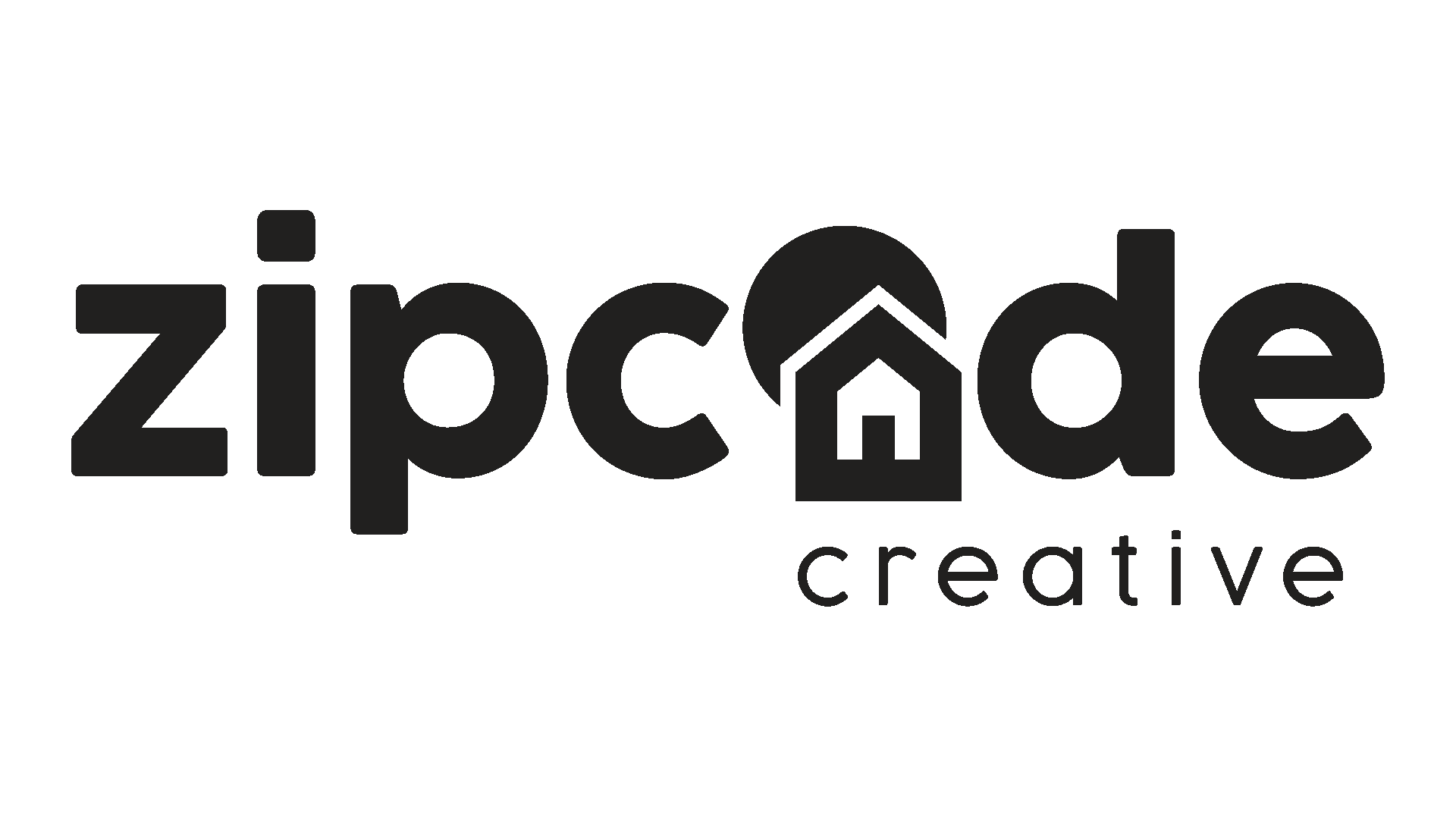
Empty Nesters: Branding for Resident Personas
Stacey Feeney
The most common resident persona in multifamily is the career-focused, non-homeowning young professionals. But don’t forget about those who just launched those young professionals into the world: empty nesters. This group of renters are the second most targeted group for apartment living.
Knowing the purchase habits, preferences and ideals of a specific demographic can help you understand and cater to empty nesters for your apartment community as you tailor branding and marketing.
Your content goes here. Edit or remove this text inline or in the module Content settings. You can also style every aspect of this content in the module Design settings and even apply custom CSS to this text in the module Advanced settings.
Who Are Empty Nesters?
Empty nesters are individuals who have children that have left home to go on to school or careers and live their own lives. Empty nesters are typically 50-65 years of age, with early 60s about the average.
This group is extremely diverse, from younger empty nesters whose children have left for college, to the older ones that are closer to retiring. Depending on the generational trends, whether they’re Baby Boomers or late Gen X, they have differing values, lifestyle preferences, and financial means and priorities.
EXAMPLE STATS
There were two groups of empty nesters that we explored for these statistics, and while they have some items in common, their age, hobbies, and values varied a little.
For Group 1:
Age: 60-64
Household income: $75-100k
Household size: 2 people
Common leisure activities: Pets, mall shopping, music, sports, retail.
Home Values and Priorities: Like to stretch their money, and obtain information and news from TV channels and TV shows. Enjoy fast food and fast-casual restaurants.
College education: ~35%
For Group 2:
Age: 65-74
Household income: $75-100k
Household size: 2 people
Common leisure activities: Yoga, golf, running, grandparenting, dogs, food, music, traveling.
Home Values and Priorities – Staying active and healthy; are retired, or nearly retired. Appreciate amenities that help them maintain their health and activity.
College education: ~41%
Empty Nesters in Market-Rate Apartments vs. Senior Living
NOT SEEKING OUT SENIOR LIVING
But which of these empty nesters prefer age-segregated living? Many don’t see themselves as seniors and aren’t ready to dive in the early-bird specials and senior discounts at Denny’s. They’d rather seek out market-rate apartments that offer amenities that align with their modern, active lifestyles.
While empty nesters may be downsizing, they aren’t likely ready to stay at home and have it all “in one place.” Their sense of adventure, hope for regular activity, and penchant for travel might be dampened by a spot that’s specifically for seniors. Empty nesters would rather have flexibility—they’d like an apartment community that supports their lifestyle that’s in an in-between phase that brings access to vibrant, walkable neighborhood amenities.
WHY MARKET-RATE FOR EMPTY NESTERS?
Empty nesters are still an ideal target for regular (market-rate) apartment marketing. Empty nesters still have a significant population that is younger than 55—they aren’t even eligible for age-specified communities. After owning a home, they may be ready to move on from consistent home management and maintenance to simply renting and enjoying closeness to the bustle of the city (now that they don’t necessarily have to hustle). Plus, they pride themselves on their still-active lifestyle. Instead of days filled with puzzles and herbal tea, they are more into pilates and boba. Staying up and moving is part of their day-to-day, and they’re not about to release that aspect of their youthfulness.
The Importance of Branding for Empty Nesters
TAILORING THE BRAND
It’s one thing to brand an apartment community to reach young professionals. It’s quite another to also attract another demographic of empty nesters. Tailor your brand and marketing to empty nesters by staying aware of their preferences, positioning your amenities to attract them, and showing off the highlights of your neighborhood. And, as the multifamily space becomes more and more competitive, it helps your community stand out when you can appeal to another demographic—especially one that’s growing, as more Baby Boomers and Gen Xers become empty nesters. So: tailoring your brand to appeal to their values of quality, comfort, and simplicity can help guide the way you brand and market your spaces.
UNDERSTAND THE PERSONA
Developing your brand should stem from the ultimate goal: reaching the target audience. And if you know you’re attracting empty nesters, it’s best to understand that group of people. Bring in data points and statistics to inform decisions about the overall brand development.
For example, incorporate their preferences for:
- Modern amenities
- Smaller, but upscale spaces
- Walkable communities
- Convenient locations near urban centers
Highlight each of these amenities and offerings in your marketing, and ensure it’s part of the perception of your overall brand. Talk about it, show it off, and highlight it on any tours, whether virtual or in-person.
Apartment Branding Strategies to Reach Empty Nesters
GO BROAD
A broad branding approach can help you appeal to empty nesters. In design, go conservative, but modern. A simple and timeless set of aesthetics can show a side of sophistication while also highlighting the practicality of your community.
Because your target audience is hyper-focused on staying young, it makes sense to appeal to their desire to cling to youth and activity. In your messaging, focus on the themes of active living, convenience, and a lifestyle that’s far more maintenance-free than before.
In addition to a life that’s maintenance-free, it’s also extremely flexible and has a sense of freedom. Because so many empty nesters enjoy traveling, you can focus on how easy it is to live in a space that doesn’t require yard care, trash pick up and plenty more.
In terms of amenities, think carefully about what you offer—empty nesters will be more satisfied with amenities that feature quality over quantity. High-tech amenities like smart features and keyless entry are less likely to appeal than a really nice dog park, for example. Go quiet and upscale rather than trying to offer several amenities that aren’t top notch.
CONSIDER BRAND VOICE
Your brand voice is another aspect that can either attract (or distract) from your community. Find a way to balance your brand voice, with an optimistic but not too trendy use of words and style. By talking about your property as the “next chapter” it feels like that natural next step (without mentioning retirement, per se.) Most of all, you want to offer and provide ease of living—rather than inactivity, a life of chosen activity and hobbies and access to everything residents desire.
Empty nesters are a key resident persona—and it will help set your community up for success if you take note of their preferences and desires. By knowing their needs, you can fulfill them. By understanding their lifestyle (budget, spending habits, and hobbies) you can create a brand that will blend seamlessly into the life they’re envisioning after their kids have “flown the coop”.
In crafting your brands—reflect the demographics you want to reach, or adjust your branding to attract and retain the empty nesters that are becoming a growing percentage of the renting population.


